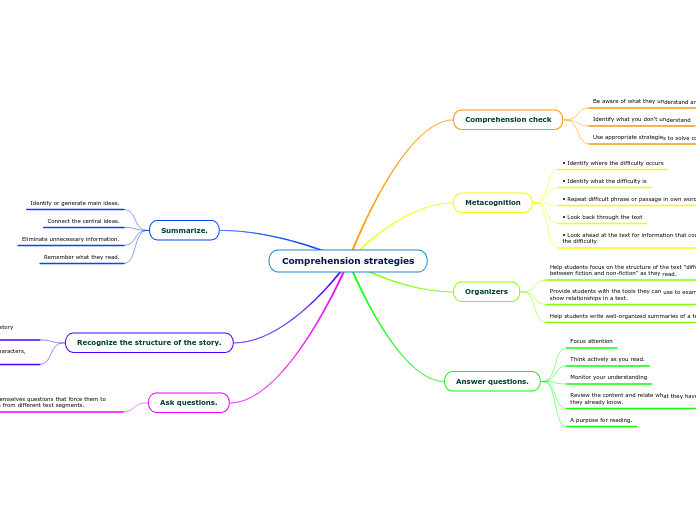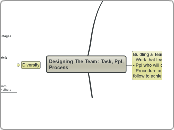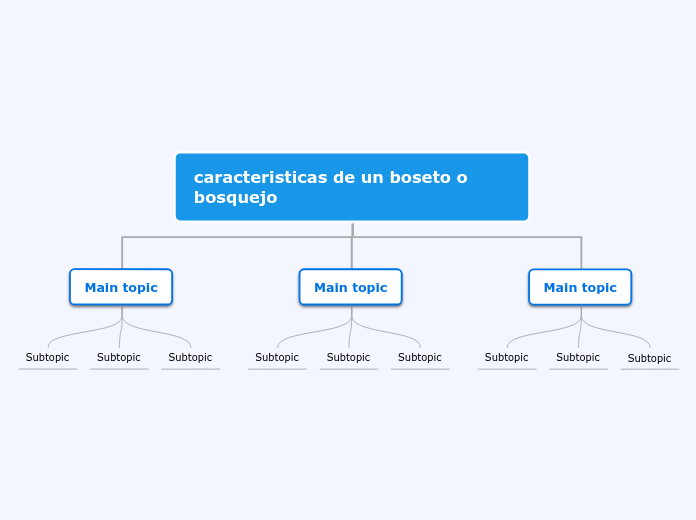von Alonso Santos Vor 4 Jahren
215
Comprehension strategies
Effective reading comprehension involves several key strategies to help individuals understand and retain information. One important aspect is metacognition, which requires readers to be aware of their understanding and to use strategies to address any difficulties.









